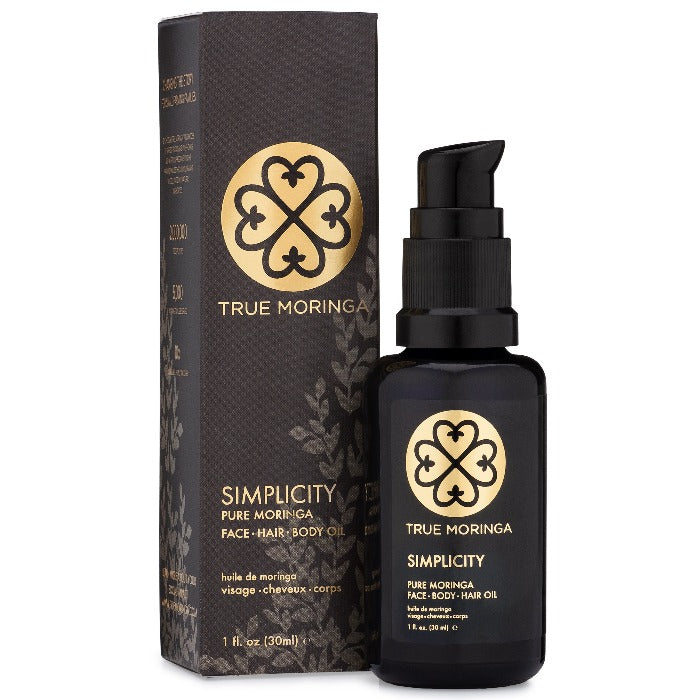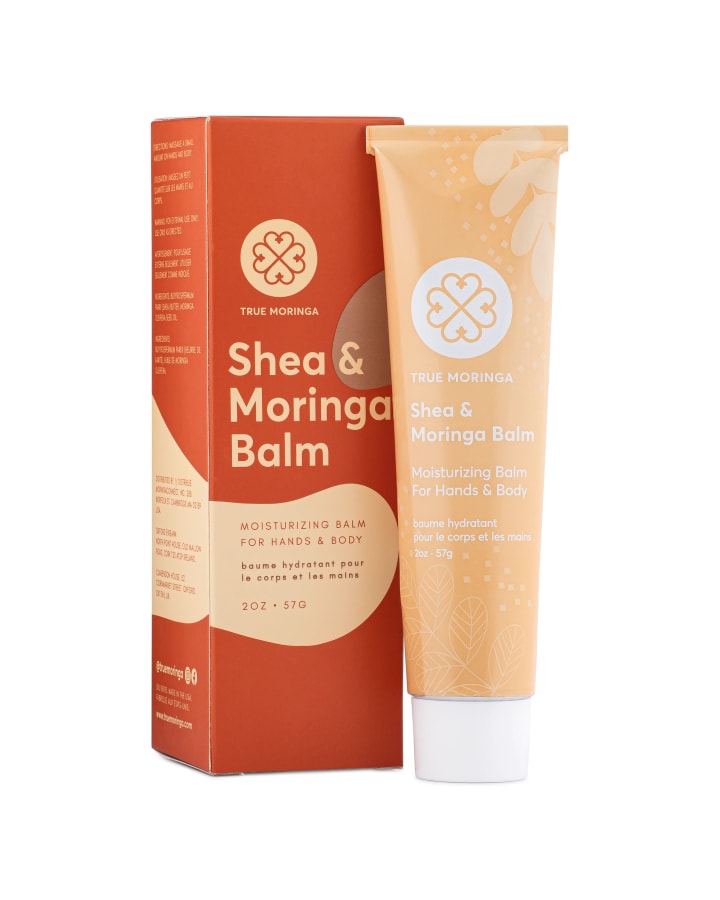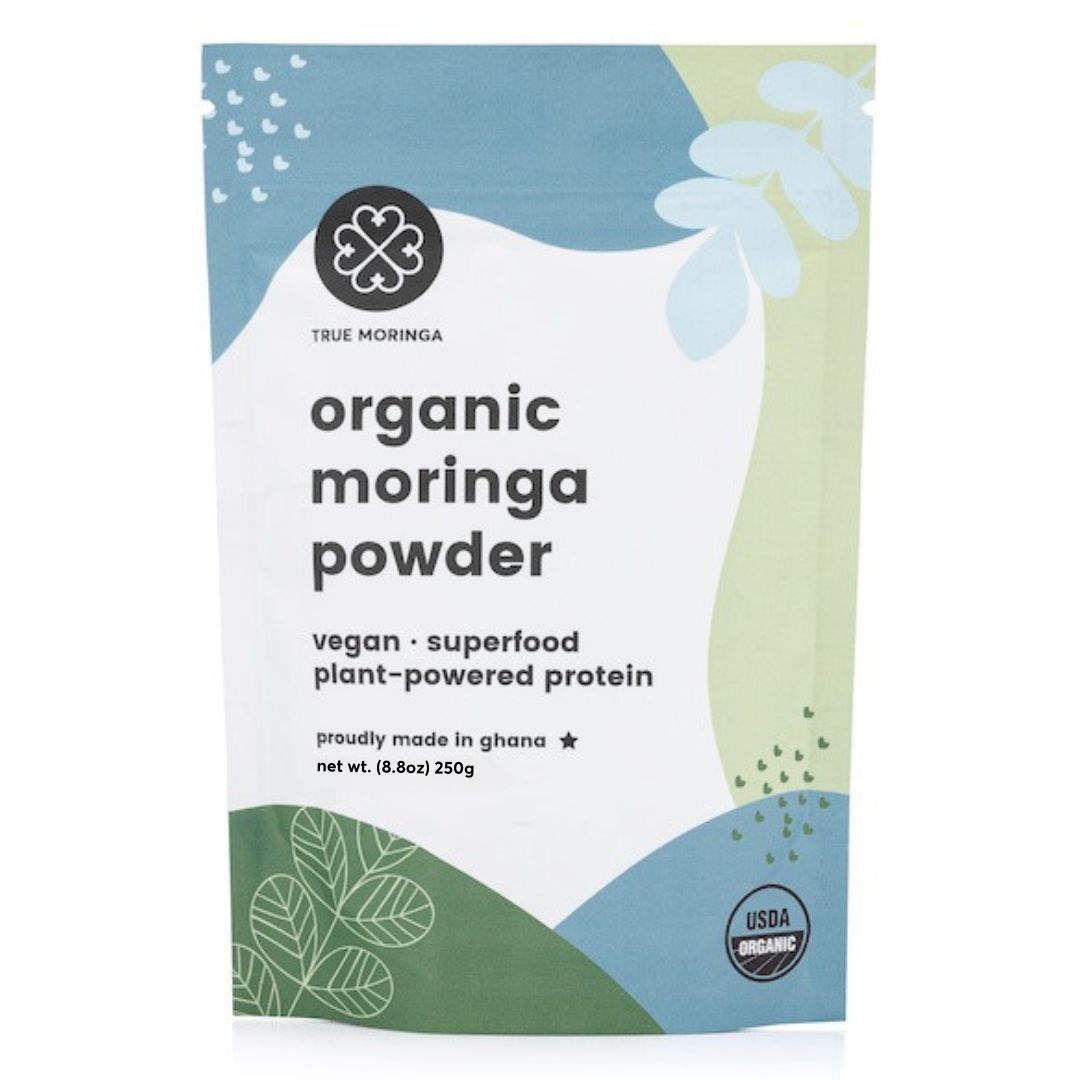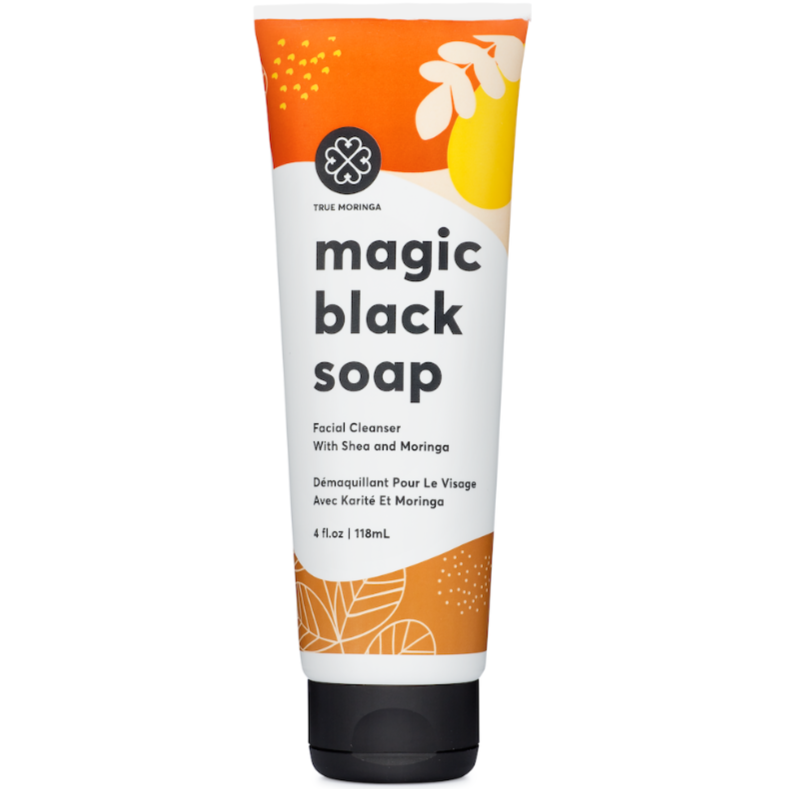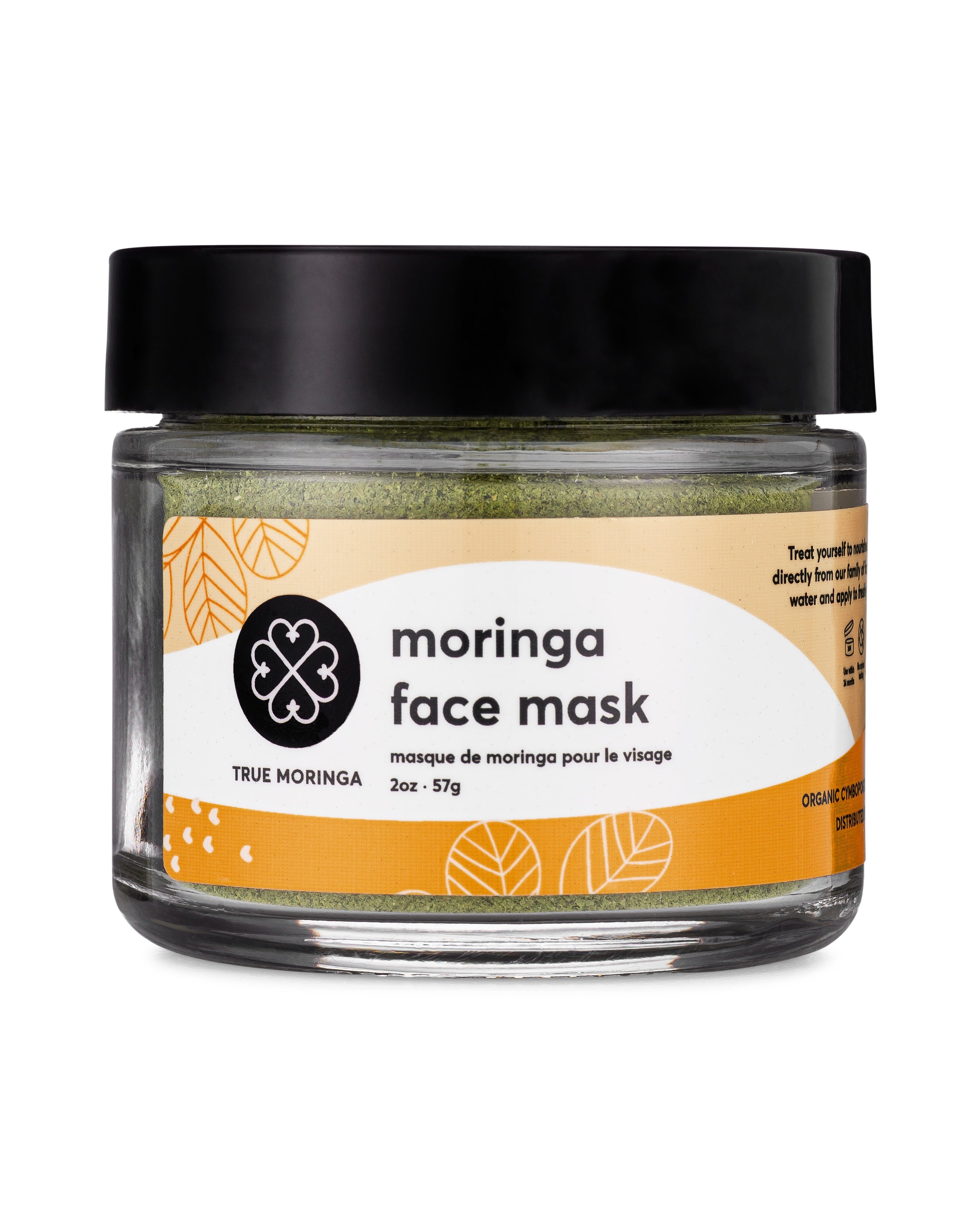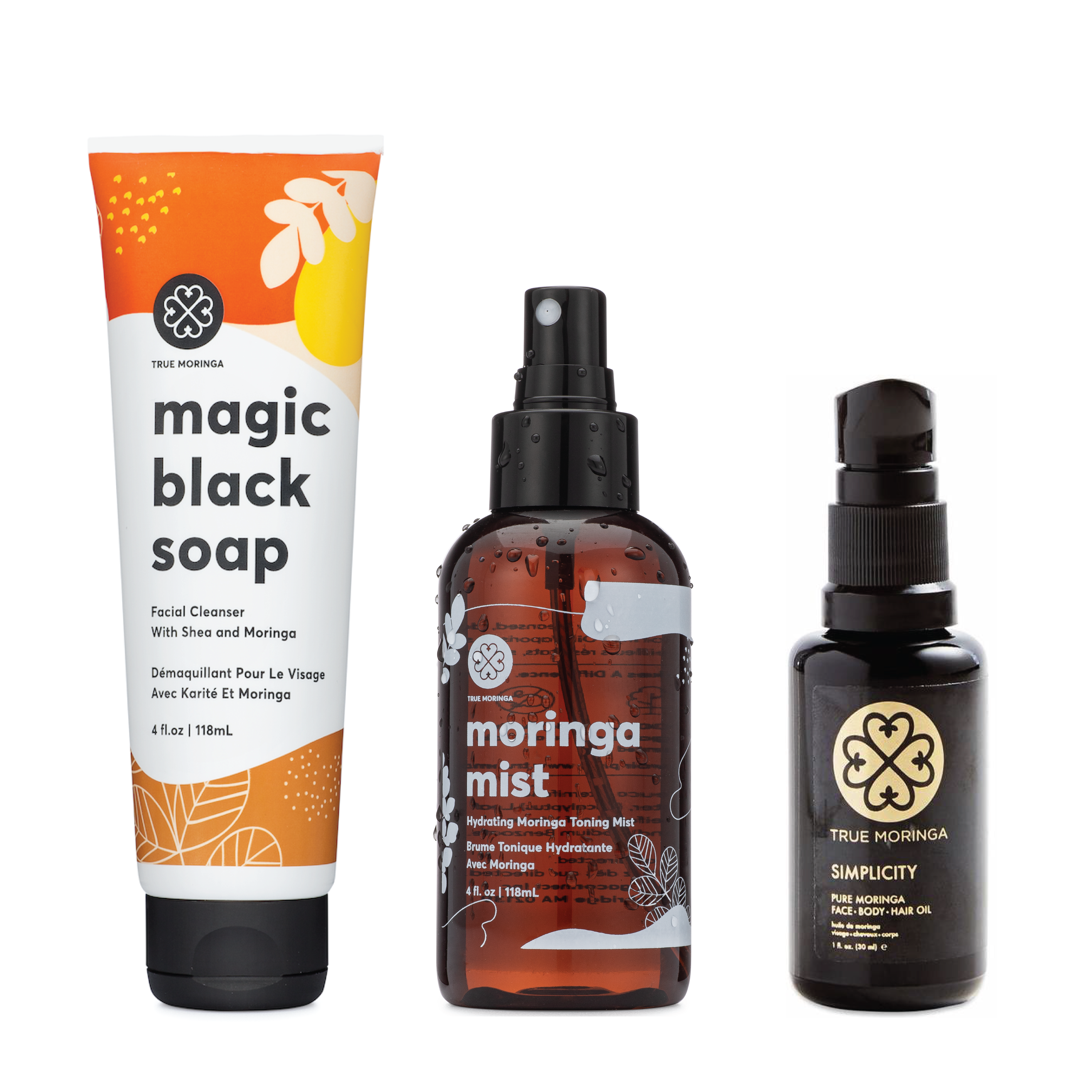


Moringa's Benefits are More than Skin-Deep
In countries around the world, moringa is hailed as the “Miracle Tree.”
For folks that don’t believe in miracles, this may seem a little over the top—but there are reasons for moringa’s glorified reputation, and the growing body of scientific research to support those claims might just turn the staunchest of skeptics into believers.
Moringa has been around for centuries, but it’s gained a lot of popularity over the last few decades for its potential economic, nutritional, health, and environmental benefits, particularly in development projects throughout Africa and beyond.
Literally every part of the tree is useful—and not just to humans, but for animals and soil fertility as well. To start, it’s a nitrogen-fixing legume, so growing it in depleted, sandy soils will actually restore nutrients and enhance soil fertility. And because it’s a relatively small tree, it’s ideal for seeding in and around gardens as a companion plant for lower growing crops. Its reliably straight, narrow trunk makes it a great alternative fence post in areas where deforestation means fencing materials are in short supply.
Moringa is also resilient. It’s earned the name “nébéday” (never die) in many African dialects because it can survive drought, pests, poor soil quality, and being chopped down to a stump. Just give it a little water and love, and moringa will grow back.
But the most powerful qualities of moringa lie in its incredible leaves and seeds. Moringa leaves, per gram, have more calcium than milk, more protein than eggs, more iron than spinach, more vitamin A than carrots, and can be used to help nursing mothers increase their milk production. Nutrition specialists recommend moringa be planted in areas where famine and malnutrition are common, and as its qualities have become more well known, there’s a rising market of health-conscious consumers for moringa leaf powder in stable regions as well.
The seeds from the moringa tree produce a light, high quality oil that is perfect for topical use. It’s packed full of antioxidants and fatty acids that nourish the skin and hair, with antibiotic and anti-inflammatory properties that heal and sooth damaged skin. The crushed moringa seeds also act as a flocculant, clearing up turbidity in water, buffering pH levels, and even treating water for microbes. In addition to the seeds, the roots, leaves, bark, flower and gum have all been used in traditional healing for their various medicinal properties. (More on that here)
Beyond the human uses, the leaves and seeds of moringa can be used as animal fodder, fertilizer, and green manure.
With a growing demand for moringa products like moringa oil and moringa leaf powder in the global west, there are opportunities for small farmers in tropical areas where moringa grows best to earn a livelihood from the plant. As farmers reap the nutritional and agricultural benefits of growing moringa, they are also able to generate income from the sale or export of its leaves and seeds, lifting them out of poverty. Even if you don’t believe in miracles, you can’t argue that moringa hasn’t earned its venerated status. Moringa is without a doubt the most sustainable tree.

